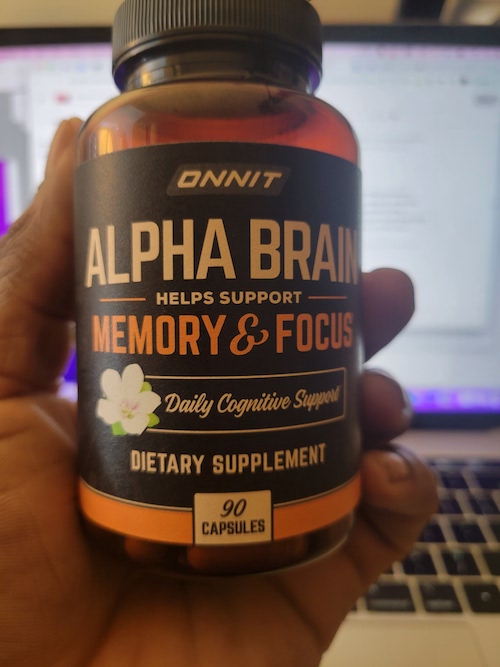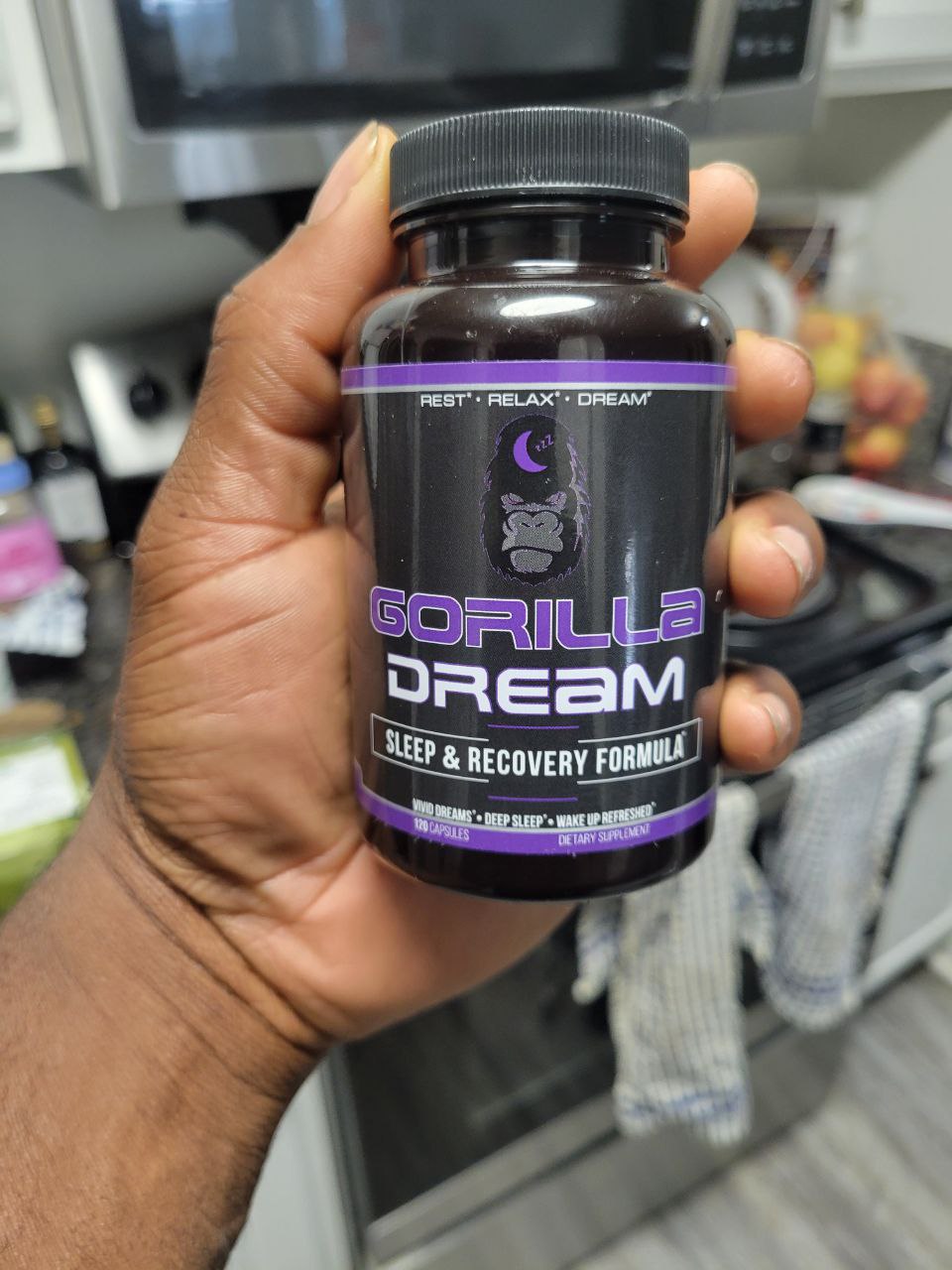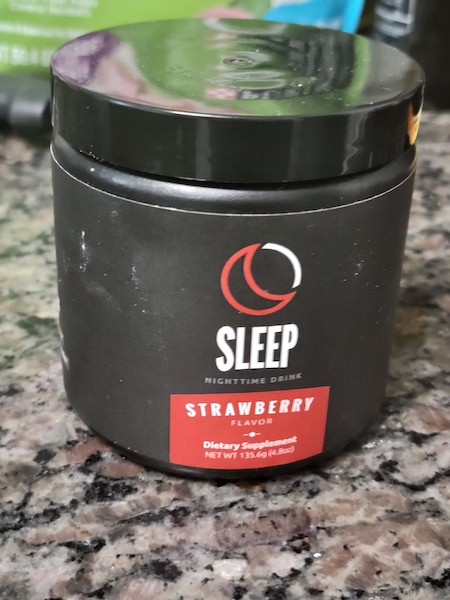As a former professional heavyweight boxer with a 13-1-1 record, I know what it’s like to reach the pinnacle of something I’ve spent years spilling my blood, sweat, and tears on. If you want to learn more about my boxing career, check out my bio here. But one thing you learn quickly as a professional fighter is that you realize there are no shortcuts to becoming the best at something.
To reach 95% of peak performance, you need to have your proverbial house in order, which means following a strict training routine, eating well, and getting enough sleep. Nothing else will make a difference if you don’t have the basics mastered. But I’d also be foolish to say that there aren’t things you can’t do to get 100% from your body and mind.
Eeking out that extra 5% of performance can be reached by adding a proper supplementation routine to your training and recovery program to give you the ultimate competitive edge. With that said, here’s why I believe every boxer should have a thoughtful supplement routine and what the must-have supplements are to reach peak performance.
Why should boxers take supplements?
Boxers face demanding requirements of high-intensity training sessions paired with fatigue, weight cuts, injuries, and many other challenges due to the brutal nature of combat sports. Every boxer should take supplements to regain the nutrients and electrolytes lost from training, build muscle mass, alleviate muscle soreness, and improve endurance.
The must-have supplements are necessary to nourish your body after long training sessions while also increasing stamina and endurance, improving performance, and aiding recovery. Adding a proper supplementation routine to a dedicated training and recovery schedule will help give you a competitive edge over your competition.
What supplements should you take for boxing?
But before you go out and spend hundreds of dollars on random dietary supplements or protein powders, you need to understand how supplementation works and what’s actually worth taking to improve performance. There are a lot of BS products and gimmicks out there, so you need to know what’s worth taking (and what to avoid) so you can compete at your best.
Through my extensive research and self-experimentation as a professional boxer, these are the top 5 supplements I recommend every boxer and serious athlete should take:
Caffeine and L-theanine
The combination of caffeine and L-theanine is a near-magical combo that gives your mind and body a jolt by improving cognitive performance and increasing alertness.1 The L-theanine works to balance out the harsh effects of caffeine by targeting the neurotransmitters GABA, serotonin, dopamine, and norepinephrine which are responsible for feelings of attention, stress, arousal, and pleasure.
I prefer to get the right balance of caffeine and L-theanine by stacking Gorilla Mode pre-workout with Gorilla Mind Smooth. Gorilla Mode packs a powerful punch by providing 175mg of caffeine anhydrous per serving, while Gorilla Mind Smooth provides the perfect counterbalance of 100mg of L-theanine per serving. You can check out my detailed reviews of Gorilla Mode and Gorilla Mind Smooth here and here.
I take both products about 30 minutes before my morning training sessions by mixing 1-2 scoops of Gorilla Mode with 12-14 ounces of water and chasing it with 3-6 capsules of Gorilla Mind Smooth. The caffeine gives me the instant boost to my energy levels that I need for the morning workout sessions, while the L-theanine does an excellent job of providing a more sustained focus without the jitters or crashes.
Creatine monohydrate
Creatine monohydrate is the best-studied and most effective performance-enhancing supplement outside of any illegal substances, such as exogenous hormones and anabolic steroids.2 Creatine supplementation has been shown to increase lean muscle mass and power output during resistance training.
Creatine works by increasing the body’s stores of phosphocreatine used during high-intensity exercise to produce new ATP (the primary energy carrier of the body). Studies have also shown that creatine can help reduce mental fatigue during intense training, such as sparring or going nine rounds in the ring.3
Since creatine is a naturally-occurring molecule produced in the body from amino acids, you can safely take the recommended dose of 5 grams per day without having to cycle. Creatine is also flavorless, so mixing it in with a protein shake or amino acids drink is easy. Since the daily recommended dose of creatine is contained in two scoops of Gorilla Mode pre-workout, I just take that before my morning training sessions.
Whey protein
Protein is a vital nutrient for all athletes due to its role in aiding muscle growth and recovery. Because of the intense training demands that boxers and MMA fighters undergo, they need to consume enough protein to prevent losing lean muscle mass.
But most athletes are already aware of the benefits of supplementing with protein shakes or protein supplements to get enough protein in their diet. So why whey protein instead of common plant-based proteins like pea or hemp?
Well, that’s because whey protein is the most bioavailable protein powder you can buy.4 That means it’s the most easily digestible protein, so your body can put it to use, building muscle and aiding recovery. Whey protein also contains a large dose of the essential amino acid glutamine, which can help build muscle mass and aid muscle recovery.
However, if you’re lactose intolerant, consider opting for whey isolate protein powder due to its lower lactose levels. There are many options on the market, but the best protein powder I’ve taken is Transparent Labs’ 100% Grass-Fed Whey Protein Isolate, which you can learn more about here.
Amino acids (BCAAs & EAAs)
Branch-chain amino acids (BCAAs) and essential amino acids (EAAs) are essential amino acids commonly found in animal protein that benefit muscle growth. BCAAs are important to ingest daily, but many protein sources, such as meat and eggs, can provide you with a sufficient dose of BCAAs.
However, if you’re vegan, vegetarian, or simply someone who doesn’t eat enough meat, it’s essential to supplement with BCAAs and EAAs to ensure you’re getting enough amino acids to promote muscle growth. You can find amino acid supplements in pill or powder form, which can be easily taken along with a protein shake or pre-workout.
Fish oil
Fish oil may be a surprise as a must-have supplement, but it shouldn’t be overlooked. The Omega-3 fatty acids found in fish oil provide numerous benefits, including improving bone density, reducing inflammation, and relieving joint pain that may result from intense training.5 Fish oil can also help you shed excess body fat and increase lean muscle mass.
Research also shows that fish oil can improve cardiovascular function and reduce heart rate, allowing for better oxygen consumption during workouts, and leading to greater aerobic performance. If you want to increase your training sessions’ intensity, fish oil should be an obvious addition to your supplementation routine.
I’ve found the soft gel capsules to be a natural, high-quality Omega-3 source that doesn’t leave a strong fishy taste in my mouth. I usually take 1-2 capsules with either breakfast or lunch to help get full absorption.
Frequently asked questions
What supplements should I avoid?
The most obvious answer is to avoid supplements considered illegal or banned by the World Anti-Doping Agency (WADA). That Prohibited List put out by WADA includes drugs such as cannabis (THC), MDMA, anabolic steroids, human growth hormone (HGH), and hormones like testosterone. If you’re unsure about a particular substance or drug, refer to the Prohibited List before consuming.
It’s also not advised to take supplements from training partners, coaches, or sponsors that aren’t clearly labeled and vetted first. When in doubt, it’s better just to avoid it. It’s not worth experiencing unwanted side effects or getting disqualified or banned from fighting for accidentally taking a dirty product.
How much protein should I take?
Boxers and other high-intensity athletes should try to consume around one gram of protein per pound of body weight per day. If you’re fighting at 160 pounds, you should try to consume at least 160 grams of protein daily. If you’re trying to cut weight for a fight or drop a weight class, then opt for slightly higher protein intakes of 1.05-1.1 grams per pound of body weight so you can retain as much muscle as possible during your cut.
Final thoughts
If you consider yourself a serious fighter or athlete, having a dialed-in supplementation routine is really a no-brainer. But getting the right vitamins and nutrients to help improve performance doesn’t have to be a complicated guessing game with ingredients you can’t pronounce. Instead, focus on introducing these five must-have supplements to get the best bang for your buck.
The key to sticking with a supplementation routine is to keep it as simple and affordable as possible, so you’re likely to stick with it. That’s why I recommend the Gorilla Mind pre-workout supplements since they do an excellent job of formulating their products to get you the proper dosage of what you need in a clean and balanced product.
References
-
Giesbrecht, T., Rycroft, J. A., Rowson, M. J., & De Bruin, E. A. (2010). The combination of L-theanine and caffeine improves cognitive performance and increases subjective alertness. Nutritional neuroscience, 13(6), 283–290. https://doi.org/10.1179/147683010X12611460764840 (accessed November 4, 2022) ↩
-
Mujika, I., & Padilla, S. (1997). Creatine supplementation as an ergogenic aid for sports performance in highly trained athletes: a critical review. International journal of sports medicine, 18(7), 491–496. https://doi.org/10.1055/s-2007-972670 (accessed November 4, 2022) ↩
-
Avgerinos, K. I., Spyrou, N., Bougioukas, K. I., & Kapogiannis, D. (2018). Effects of creatine supplementation on cognitive function of healthy individuals: A systematic review of randomized controlled trials. Experimental gerontology, 108, 166–173. https://doi.org/10.1016/j.exger.2018.04.013 (accessed November 4, 2022) ↩
-
Hoffman, J. R., & Falvo, M. J. (2004). Protein - Which is Best?. Journal of sports science & medicine, 3(3), 118–130. (accessed November 4, 2022) ↩
-
Calder P. C. (2017). Omega-3 fatty acids and inflammatory processes: from molecules to man. Biochemical Society transactions, 45(5), 1105–1115. https://doi.org/10.1042/BST20160474 (accessed November 4, 2022) ↩




